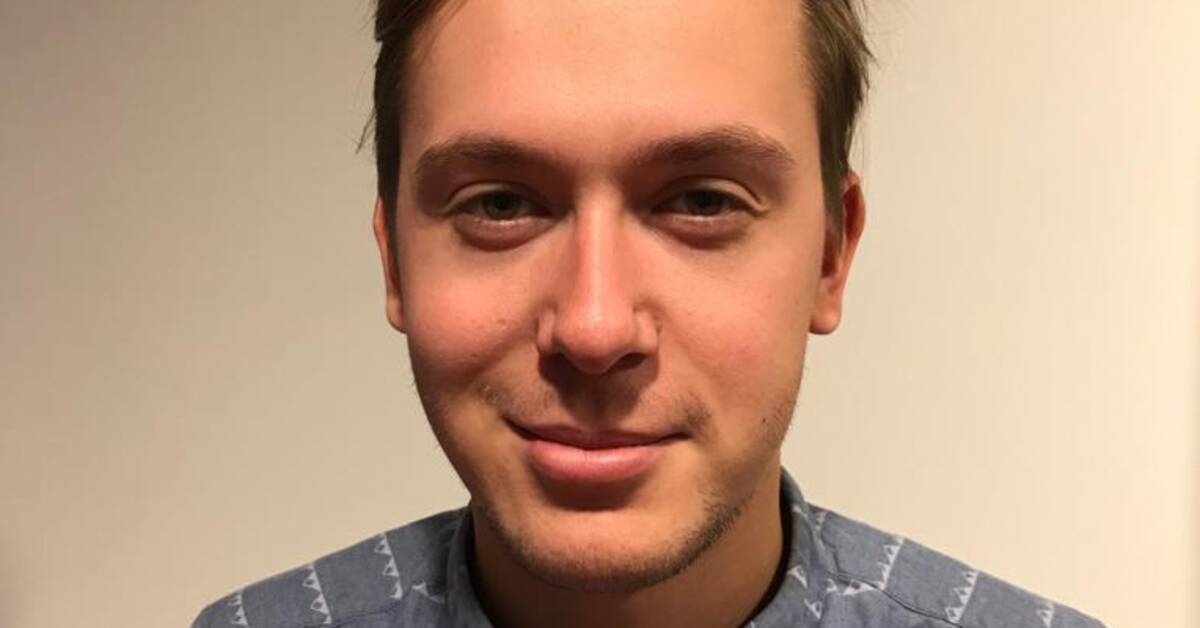The motto that sports and politics do not belong together, we had to bury a long time ago.
Attempts have nevertheless been made to cling to the idea that sport should unite instead of divide, but the past week has shown that there are limits to that as well.
"The mission of the Olympic Games is to bring us together in peaceful competition.
We always build bridges, never walls. ”
said the chairman of the International Olympic Committee, Thomas Bach, at the opening of the Beijing Olympics a month ago.
The same IOC issued a call yesterday to stop Russian and Belarusian athletes from international competitions.
There went the limit of when walls were better than bridges for them.
The last week has shown that, in the end, it is not just those who hold the highest positions in sport who have the real power.
Global sport is perhaps the world's largest popular movement and when it gathers strength from below, it is difficult to stop.
Take football: Many individual athletes were early to show their opposition to the Russian invasion.
National federations got hooked, for example the Swedish Football Federation, and wanted to exclude Russia and criticism was raised against the international federation Fifa and their inertia.
The same thing happened in international ice hockey and eventually also in the ski association.
Power does not belong to those in the highest positions if everyone below them wants the same thing.
The pampers within the unions can think what they want if their members want something else.
The sports movement has regained power.
It's easy to do the right thing if you have nothing to lose.
But when it comes to the giant nation Russia we are talking about, in principle all sports federations have money to lose by taking a stand.
Uefa, among other things, laid off its giant sponsor, Russian Gazprom, and similar examples can be found in other organizations.
But how much can the sport affect Russia as a whole?
The answer to that question is, of course, that the actions of sport are far from the most important thing in this crisis.
But it would not be insignificant for any nation, least of all for Russia and its President Vladimir Putin.
With, among other things, the Olympics in Sochi 2014 and the World Cup in Russia 2018, Putin has shown that he is happy to use sports to legitimize his rule.
Because of his personal interest, it is probably ice hockey's stance and the Judo Federation's decision to poke him as honorary president that hurts Putin the most.
One of the most difficult questions for sports is how to deal with individual Russian athletes, and there the federations have also taken different paths.
Some have turned off the athletes completely, others let them compete under a neutral flag and there are also those who have not acted at all, yet.
It is a pity for the individual Russian athletes who have been affected, but of course it is not possible to compare with what innocent Ukrainians are forced to go through.

